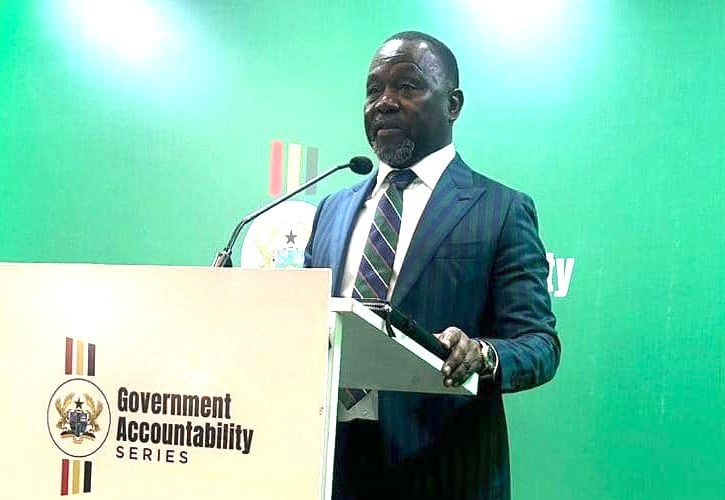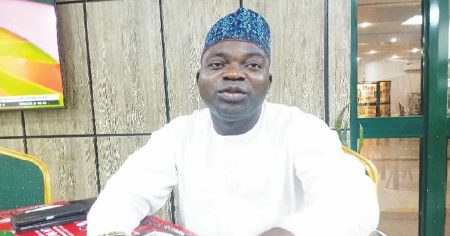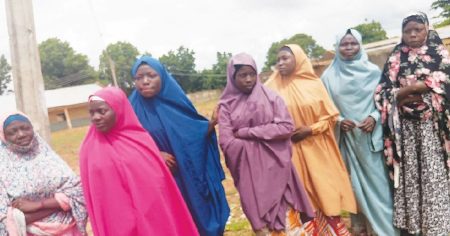Ghana’s Attorney General and Minister for Justice, Dr. Dominic Ayine, has announced a comprehensive reform initiative targeting the country’s beleaguered prison system. This initiative centers on reducing prolonged remand periods, particularly for individuals accused of minor offenses. Dr. Ayine acknowledged the gravity of the current situation, highlighting the plight of many individuals held in pre-trial detention for extended periods, often due to their inability to afford legal representation or access available legal aid services. He emphasized that the government, in collaboration with the United Nations Office on Drugs and Crime (UNODC), is actively working to implement the “Mandela Rules,” a set of international standards for the treatment of prisoners, within Ghana’s justice system. This collaborative effort aims to introduce meaningful changes to address systemic weaknesses and ensure expeditious and fair judicial processes.
The current state of Ghana’s prison system reveals a troubling reality of overcrowding and unduly lengthy remand periods. Human rights activists and legal aid advocates have long criticized these conditions, pointing to the detrimental impact on individuals held for extended periods without trial. Studies corroborate these concerns, demonstrating that many remand prisoners languish in pre-trial detention for months, and sometimes even years, often because they lack the financial resources to secure legal representation. This disproportionately affects individuals accused of minor offenses, transforming them into victims of a system designed to uphold justice. Dr. Ayine has identified the lack of financial resources to hire lawyers and the under-resourced, understaffed nature of the legal aid system as significant contributing factors to this problem. Many individuals are unaware of their entitlement to legal aid, further exacerbating their vulnerability within the justice system.
The reform initiative spearheaded by Dr. Ayine seeks to address the structural and systemic deficiencies contributing to the current crisis. By adopting the Mandela Rules, Ghana aims to align its prison system with international standards for the treatment of prisoners. These rules encompass a wide range of principles, including limitations on the use of solitary confinement, the provision of adequate healthcare and sanitation, and the promotion of contact with the outside world. Furthermore, the focus on reducing remand periods directly addresses the issue of individuals being held for extended periods without trial. This reform is crucial for upholding the fundamental right to a speedy trial, ensuring that individuals are not unjustly incarcerated before their guilt or innocence is determined.
The implementation of the Mandela Rules represents a significant step towards a more just and equitable prison system in Ghana. By adhering to these international standards, the government is demonstrating a commitment to protecting the human rights of all individuals, regardless of their alleged offenses. The emphasis on reducing remand periods aims to alleviate the burden on the prison system, mitigate the negative consequences of prolonged pre-trial detention, and ensure that individuals are not unduly penalized before having their day in court. This reform is expected to have a positive ripple effect on the overall administration of justice in Ghana, contributing to a more efficient and equitable legal system.
The government’s partnership with the UNODC in this initiative is a testament to its commitment to international cooperation and its recognition of the importance of external expertise in implementing effective reforms. The UNODC’s experience and technical assistance will be invaluable in guiding the process of aligning Ghana’s prison system with international best practices. This collaboration also underscores the international community’s concern about the state of prison systems globally and the shared responsibility for promoting human rights and ensuring access to justice for all.
Dr. Ayine’s commitment to prison reform and the reduction of remand periods signifies a crucial step towards addressing a long-standing issue within Ghana’s justice system. The acknowledgment of the problem and the proactive steps taken to address it offer hope for a more just and equitable future for all individuals interacting with the legal system. The implementation of the Mandela Rules, coupled with efforts to strengthen the legal aid system and raise awareness about its availability, has the potential to transform the landscape of justice in Ghana. By addressing the root causes of prolonged remand periods and prison overcrowding, the government is striving to create a system that upholds the rights and dignity of all individuals, ensuring that justice is served fairly and efficiently. This commitment to reform represents a significant stride towards a more just and equitable society in Ghana.














